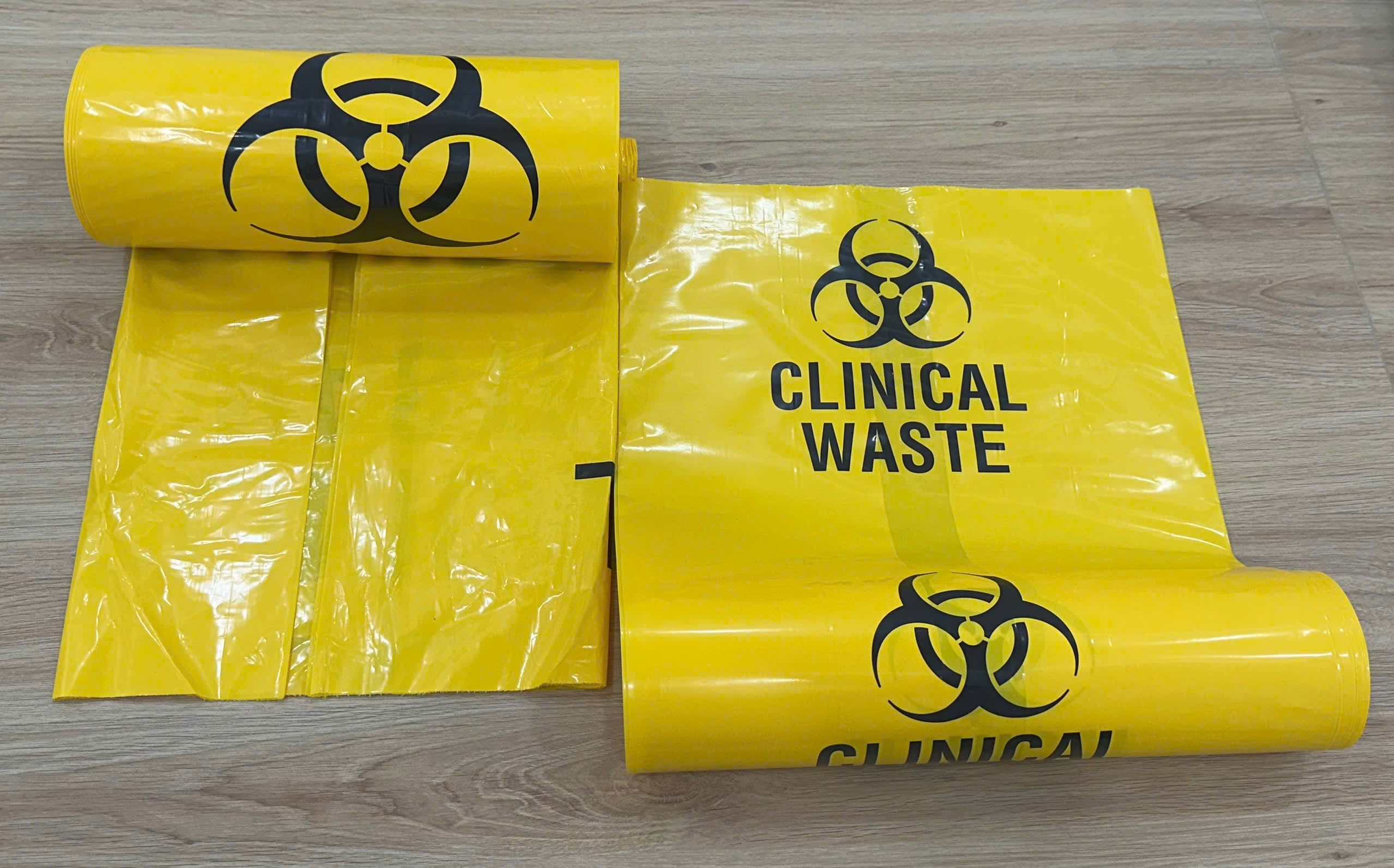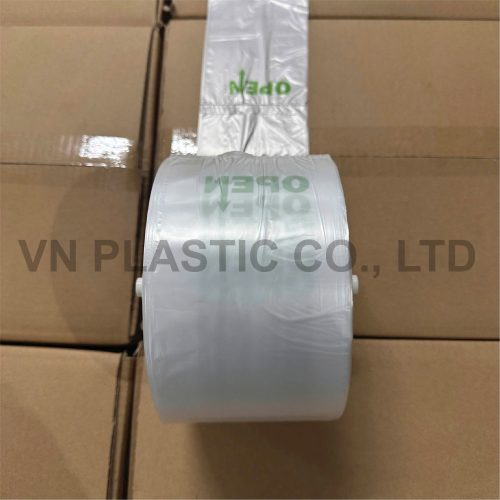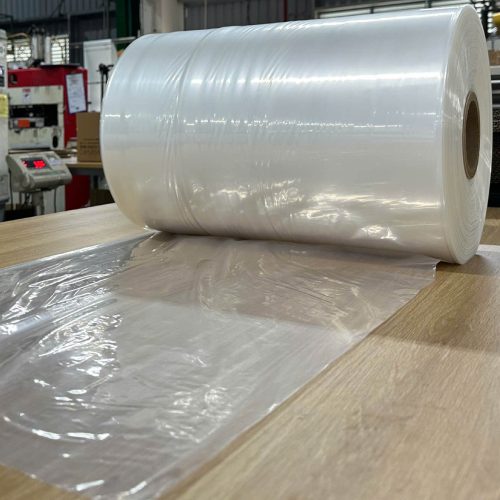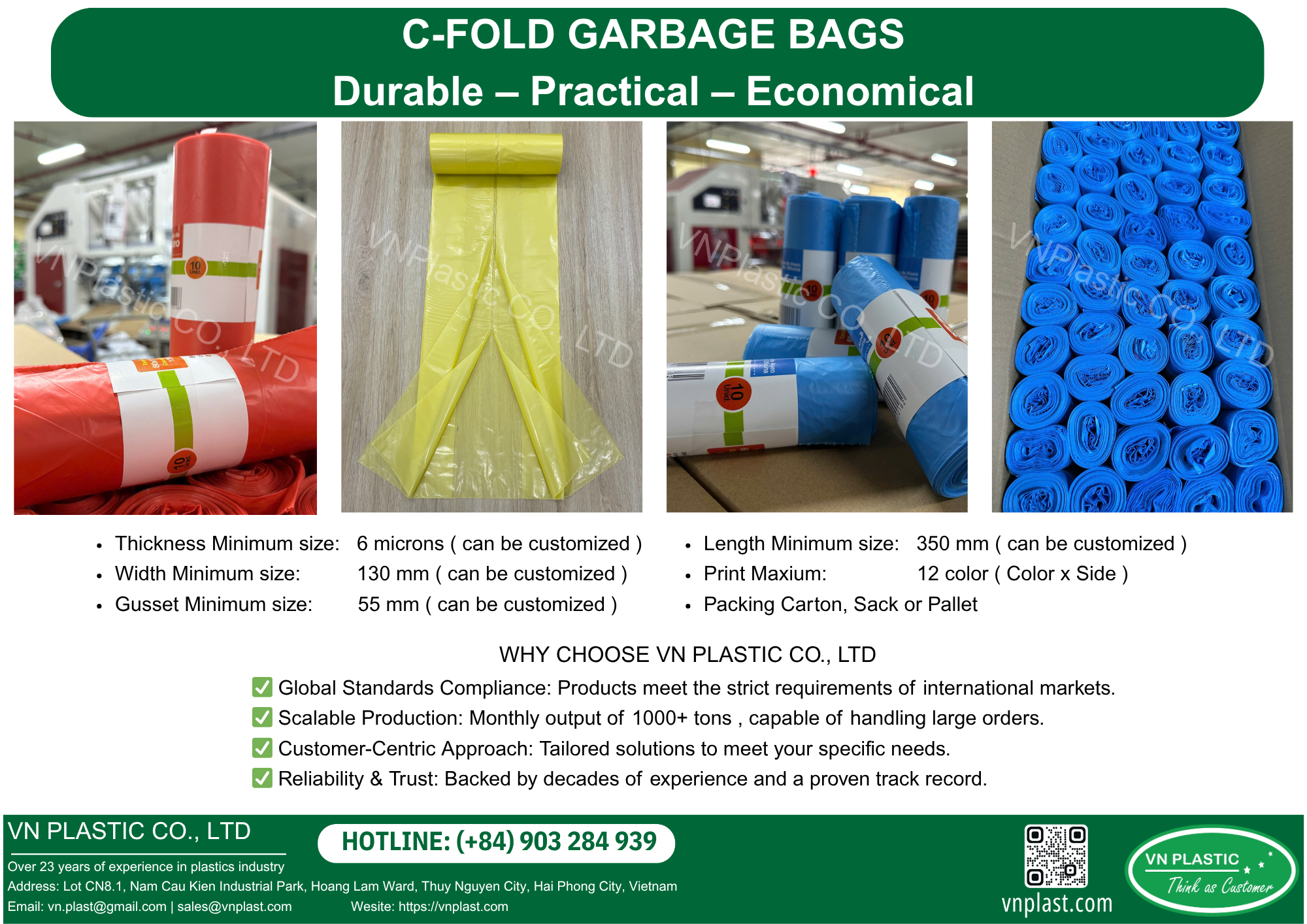Plastic bags are used by everybody in today’s world. They have become an integral part of our shopping routines, household management, and even our environmental concerns. While their convenience has led to widespread use, the implications of their usage stretch far beyond mere convenience. In this article, we will explore the various facets of plastic bags, delving into their origins, applications, environmental impacts, and alternatives that could reshape our future.
The Evolution of Plastic Bags: From Novelty to Necessity of plastic bags are used by everybody

The journey of plastic bags began in the 1960s when they were introduced as a convenient alternative to traditional paper and cloth bags. Today, plastic bags are used by everybody from supermarkets to restaurants, and even at home for various purposes. This section outlines their transformation through the years.
Historical Background of Plastic Bags
Plastic bags were first invented by Swedish engineer Sten Gustaf Thulin, who patented a method for producing them in the early 1960s.
Initially viewed as a revolutionary innovation, they quickly gained popularity due to their lightweight nature, durability, and cost-effectiveness. With the rise of supermarkets and mass consumerism, plastic bags became ubiquitous, with stores giving them away with purchases.
The Convenience Factor
Plastic bags are used by everybody because they align perfectly with modern consumer habits.
- Ease of Use: They are easy to carry, foldable, and can hold a significant amount of weight.
- Cost-Effective: Retailers often provide them for free or at a minimal cost, encouraging their use.
- Versatile Applications: Beyond groceries, plastic bags find utility in various settings, such as taking lunch to work or organizing items at home.
This multifaceted convenience is a significant reason behind the global reliance on plastic bags, making them a staple in daily life.
Environmental Concerns Arising from Usage
Despite their numerous advantages, the increasing dependence on plastic bags raises pressing environmental issues.
- Pollution: Plastic bags contribute significantly to litter and pollution, harming wildlife and aquatic environments.
- Non-Biodegradability: These bags can take hundreds of years to decompose, leading to long-lasting environmental impact.
Understanding these concerns requires a balance between acknowledging the convenience of plastic bags and recognizing the urgent need for sustainable alternatives.
Alternatives to Plastic Bags: The Shift Towards Sustainability
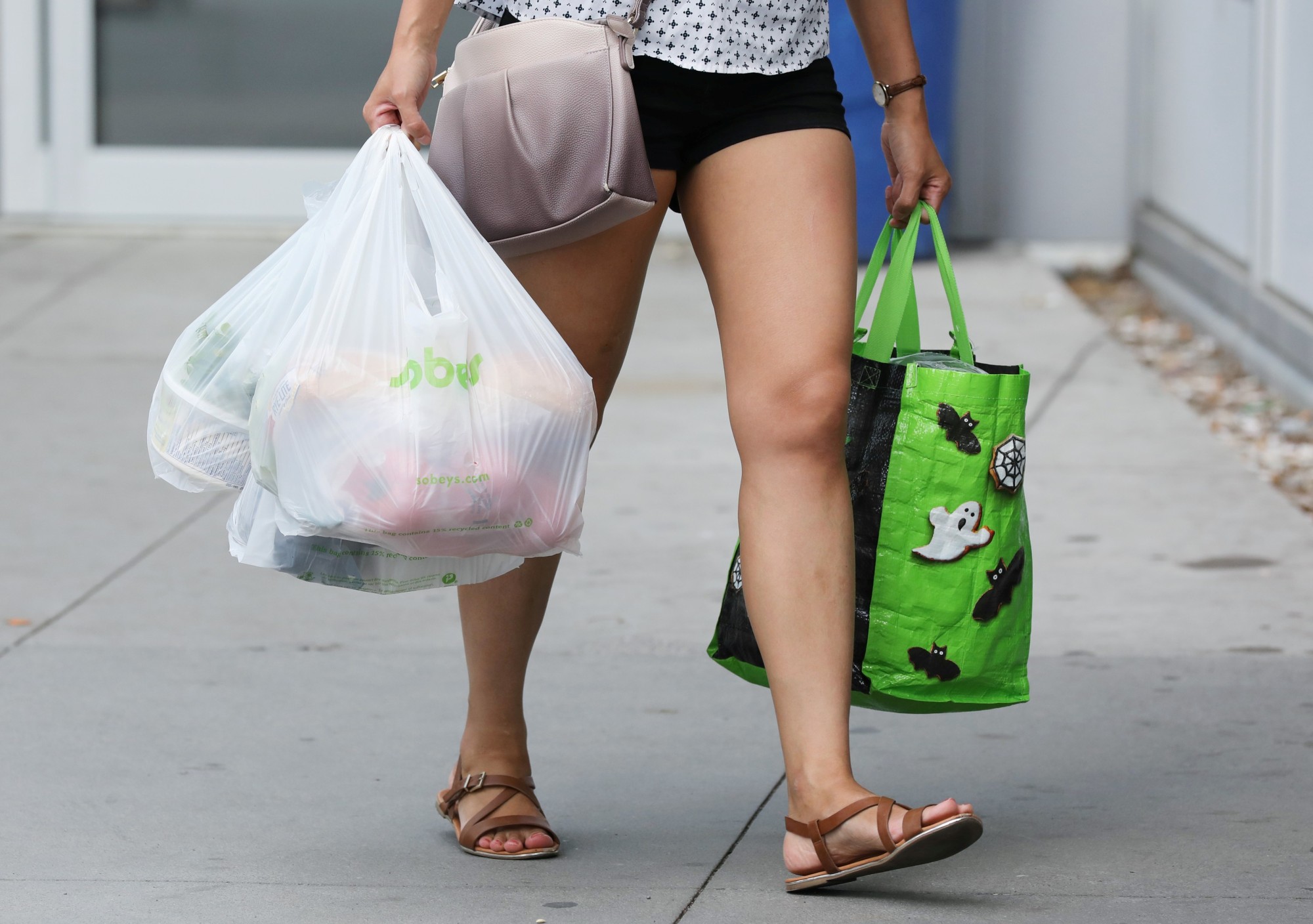
As awareness of the environmental issues surrounding plastic bags has grown, so too has the exploration of alternatives.
In this section, we will examine the various eco-friendly alternatives available and how they are gaining traction in everyday life.
Reusable Cloth Bags
One of the most popular alternatives to plastic bags is the reusable cloth bag.
- Durability: Unlike plastic bags, which may tear easily, cloth bags can withstand repeated use over time.
- Eco-Friendly Materials: Made from natural fibers like cotton or jute, these bags are biodegradable and do not contribute to landfill problems.
- Personalization: Many brands offer customizable cloth bags, allowing consumers to express their personality while being eco-conscious.
Using cloth bags not only reduces plastic waste but also sets a positive example for responsible consumption.
Biodegradable Plastic Bags
Biodegradable plastic bags offer a middle ground between conventional plastic and completely eco-friendly options.
- Decomposition: These bags are designed to break down more quickly than standard plastic when exposed to the right environmental conditions.
- Similar Functionality: They retain many features of traditional plastic bags, offering similar convenience without the same level of long-term environmental impact.
However, it’s important to note that “biodegradable” is not synonymous with “environmentally friendly.” They still require specific conditions to decompose effectively.
Government Regulations and Initiatives
Governments around the world are responding to the plastic crisis by implementing regulations aimed at reducing plastic bag usage.
- Bans and Taxes: Numerous cities and countries have imposed bans or taxes on single-use plastic bags, incentivizing consumers to opt for more sustainable alternatives.
- Public Awareness Campaigns: Governments are also investing in campaigns to educate the public about the environmental impact of plastic bags and promote eco-friendly practices.
Such initiatives are crucial for fostering a culture of sustainability and accountability regarding plastic consumption.
Personal Insights: How Individuals Can Take Action Against Plastic Bag Usage
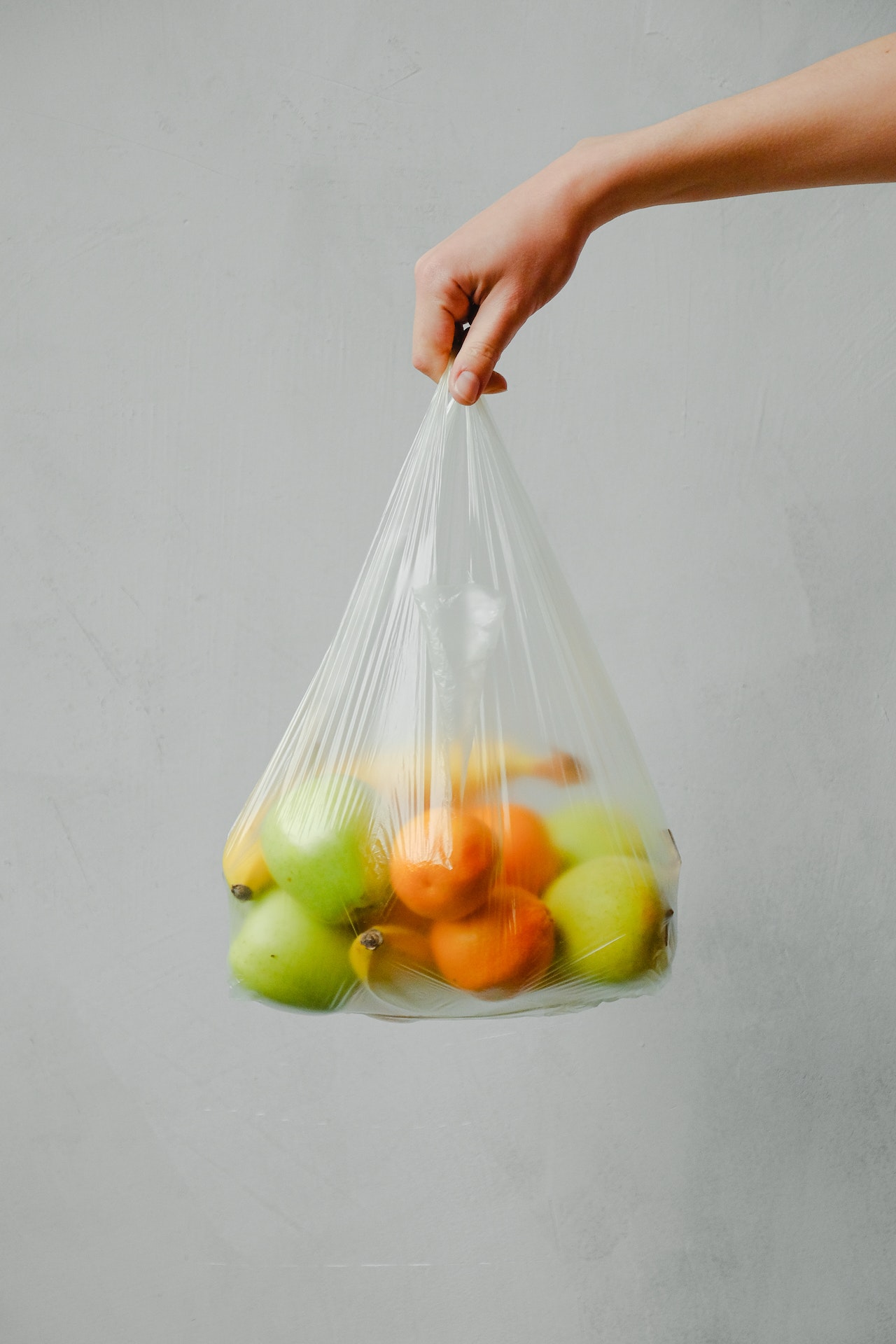
While it’s clear that plastic bags are used by everybody, the responsibility to change lies within each individual.
This section aims to provide actionable insights for individuals who wish to contribute positively toward reducing plastic bag usage in their lives.
Small Changes Make a Big Difference
Changing habits can feel overwhelming, but small adjustments in daily behavior can lead to significant results.
- Carry Your Own Bags: Always have a reusable bag handy, whether it be in your car or backpack, to avoid using plastic bags during spontaneous purchases.
- Set Reminders: Create reminders on your phone to check if you have your reusable bags before heading out to shop.
These minor changes in routine can gradually decrease reliance on plastic bags and cultivate mindfulness regarding consumption habits.
Educate Others Around You
Sharing knowledge about the impacts of plastic bags can create a ripple effect within communities.
- Discuss Alternatives: Share information about sustainable options with family, friends, and coworkers to encourage collective action against plastic consumption.
- Organize Community Clean-ups: Engage in local activities focused on cleaning up littered plastic debris in your community, raising awareness about plastic pollution.
By becoming informed advocates for sustainability, individuals can inspire others to rethink their dependency on plastic bags.
Support Eco-Friendly Brands
Choosing to support brands that prioritize sustainability is another effective way to combat plastic bag usage.
- Buy Local: Local farmers’ markets and small businesses often use fewer plastic bags, thus supporting eco-friendly practices.
- Research Brands: Before making a purchase, investigate companies that are environmentally conscious and are actively working to reduce plastic waste.
By aligning purchasing habits with environmental values, individuals can send a powerful message about the importance of sustainable practices.
FAQs About Plastic Bags and Their Usage
What are the main environmental issues related to plastic bags?
Plastic bags contribute to pollution, harm wildlife, and take centuries to decompose, leading to long-lasting ecological consequences.
Are there any benefits to using plastic bags?
Plastic bags are lightweight, cost-effective, and versatile, making them convenient for various uses.
What are some eco-friendly alternatives to plastic bags?
Alternatives include reusable cloth bags, biodegradable plastic bags, and government-regulated reusable options.
How can I encourage my community to reduce plastic bag usage?
You can organize events, share educational resources, and advocate for policies promoting sustainability to engage your community in plastic reduction efforts.
Are all biodegradable plastics truly environmentally friendly?
Not necessarily; biodegradable plastics still require specific conditions to break down and may not be beneficial in all environments.
Conclusion
Plastic bags are used by everybody, but their extensive usage raises critical environmental concerns. As we navigate through the complexities surrounding plastic consumption, it’s vital to consider both the convenience they offer and the impacts they impose. By exploring alternatives, making personal adjustments, and advocating for sustainability, we can collectively take steps toward a more responsible approach to plastic bag usage. Embracing eco-friendly habits and encouraging others to follow suit can help alleviate the burden of plastic waste on our planet, paving the way for a healthier environment for future generations.

